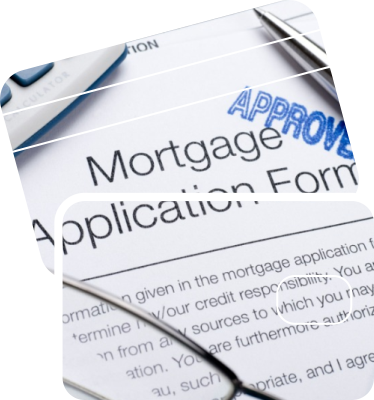

| Credit Score | Minimum Down Payment |
|---|---|
| 640 to 659 | 25% |
| 660 to 679 | 20% |
| 680 to 699 | 20% |
| 700 to 719 | 15% |
| 720 or higher | 10% |
| Credit Score | Interest Rate |
|---|---|
| 640 to 659 | + 2.375% |
| 660 to 679 | + 1.875% |
| 680 to 699 | + 1.125% |
| 700 to 719 | + 0.125% |
| 720 to 739 | + 0.125% |
| 740 or higher | 0 |



For interest-rate reasons, it is better 24 months worth of bank statements as the rate will be lower. However, if your income average is not enough to qualify for the loan, you may have to do 12 months instead.
Yes, they are. You can’t make fake bank statements for loan as you will probably get caught near the end of the loan process and just before funding. Banks and mortgage lenders do have Quality Control departments, with some banks prosecuting mortgage fraud.
-The minimum loan amount is $100,000.00, and the maximum generally is $3,000,000.00. Higher loan amounts are on a case-by-case basis.
ess than 20% down.
Bank statement home loans can be used to purchase your next home or refinance your current mortgage. There are two types of refinancing options. Rate & term refinance is often used by homeowners to get a lower interest rate and more affordable monthly mortgage payments, or you can get a cash-out to refinance, which allows you to pull equity out of your home and convert it into cash.
If you have an income source that is challenging to document using conventional methods, yes you can however, requirements can vary among lenders. For example, if you can demonstrate a consistent and stable income through your bank statements, you may be eligible for a bank statement loan.
Keywords: non qm mortgage lenders, non qm mortgage, bank statement mortgage, no income verification loans, self employed mortgage lenders, non qm mortgages, no income verification loan, no income verification mortgage loans, best bank statement mortgage lenders, bank statement lenders, loans with no income verification, no income verification home loans, bank statement mortgage lenders, bank statement loan lenders, non-qm mortgage lenders, non qm mortgage brokers, 12 month bank statement mortgage